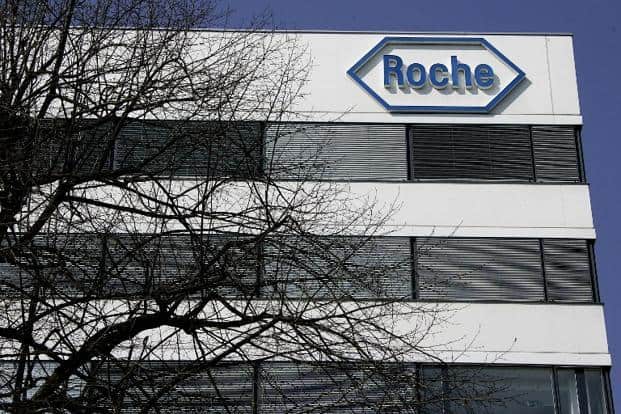
Roche voluntarily withdraws Tecentriq’s US bladder cancer indication
pharmafile | March 8, 2021 | News story | Sales and Marketing | Cancer, Roche, bladder cancer, tecentriq
Roche has announced that the company is voluntarily withdrawing the US indication for Tecentriq (atezolizumab) in prior-platinum treated metastatic urothelial carcinoma (mUC), also known as bladder cancer.
The company’s decision was made in consultation with the FDA, as part of an industry-wide review of accelerated approvals with confirmatory trials that have not met their primary endpoints and have yet to gain regular approvals.
The FDA’s Accelerated Approval Program allows conditional approval of a medicine that fills an unmet medical need for a serious condition, with specific post marketing requirements (PMRs) to confirm the clinical benefit and convert to regular approval.
Tecentriq was granted accelerated approval in 2016 for the treatment of prior-platinum treated mUC based on the results from the IMvigor210 study. Continued approval for this indication was contingent upon the results of IMvigor211, the original PMR for the prior-platinum treated mUC indication.
The IMvigor211 study did not meet its primary endpoint of overall survival in the PD-L1 high patient population, and the FDA subsequently designated the IMvigor130 study as the PMR which will still continue until the final analysis.
Despite this, Roche is voluntarily withdrawing Tecentriq’s bladder cancer indication in recognition of the principles of the Accelerated Approval Program.
The company will work with the FDA over the coming weeks to complete the withdrawal process, which does not affect other approved indications for Tecentriq.
Dr Levi Garraway, Roche’s Chief Medical Officer and Head of Global Product Development, commented: “The Accelerated Approval Program allows people with difficult-to-treat cancers to receive certain new therapies earlier.
“While the withdrawal of Tecentriq for prior-platinum treated bladder cancer is disappointing, Tecentriq continues to demonstrate benefits across multiple cancer types and therefore remains a meaningful treatment option for many patients.”
Darcy Jimenez
Related Content

Roche’s Alecensa approved by FDA as lung cancer treatment
Roche has announced that the US Food and Drug Administration (FDA) has approved Alecensa (alectinib) …

Genentech’s Columbi meets primary endpoint in phase 3 trial for lymphoma treatment
Genentech, part of the Roche Group, has announced that its phase 3 STARGLO trial has …

Geneos Therapeutics shares data from phase 1/2 trial for cancer vaccine
Geneos Therapeutics has announced that it has published positive safety, immunogenicity and efficacy data from …







